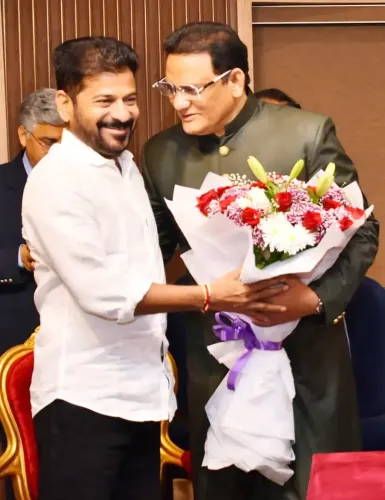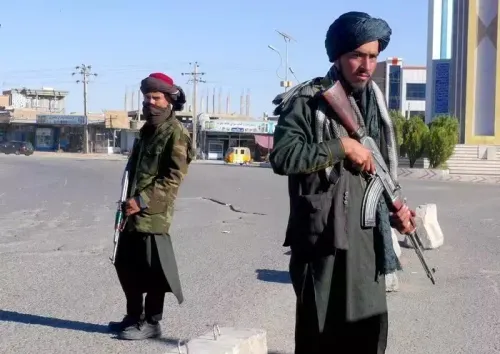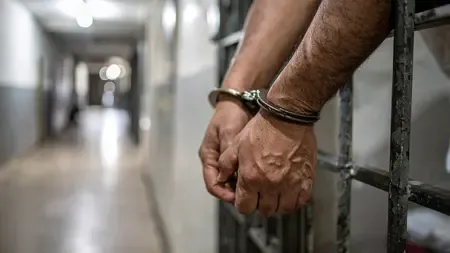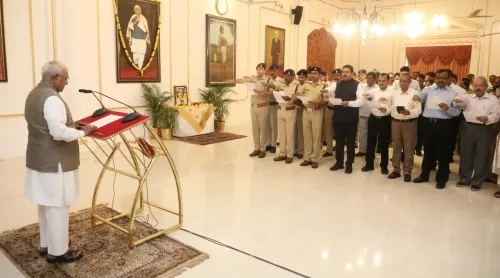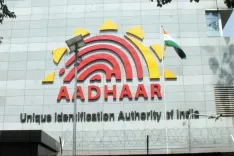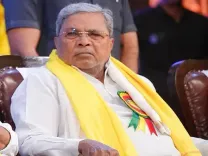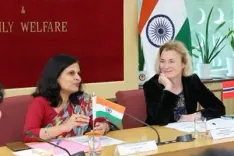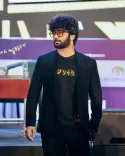Who Will Be the New President of South Korea Following Martial Law?
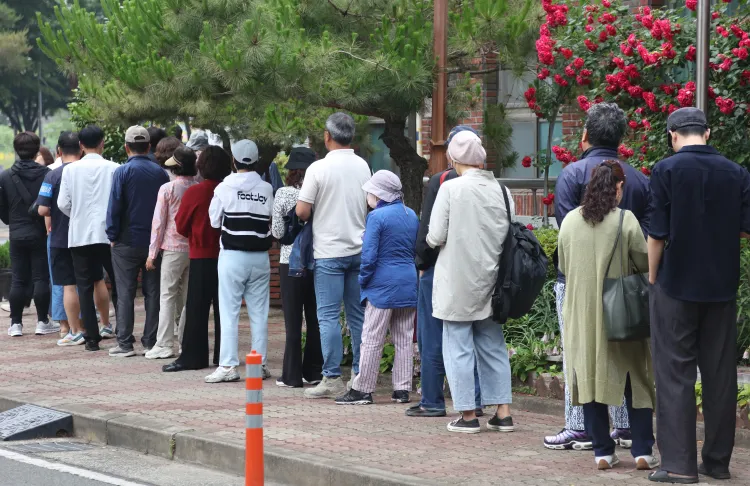
Synopsis
Key Takeaways
- South Korea's presidential election is a response to the political turmoil following martial law.
- High voter turnout reflects public engagement and concern.
- Key candidates focus on economic growth and national security.
- Constitutional reforms are a point of agreement between candidates.
- The election has implications for the future of democracy in South Korea.
Seoul, June 3 (NationPress) On Tuesday, South Koreans participated in a crucial election to select a new President, featuring a liberal candidate determined to hold accountable those behind the martial law declaration by former President Yoon Suk Yeol and a conservative aiming to curb his opponent's perceived recklessness. This election is held precisely six months after Yoon's unexpected declaration of martial law, which stirred unsettling memories of previous military governance and thrust the nation into its most severe economic and political turmoil in decades.
As of 1 p.m., out of the total 44.39 million eligible voters, 27.56 million had already voted, seven hours since polling commenced at 14,295 stations nationwide, as reported by the National Election Commission (NEC). This preliminary count includes early voting, as well as ballots from overseas, shipboard, and absentee voting.
Public engagement in this snap election was substantial, with 34.74% of registered voters participating in early voting conducted on Thursday and Friday, marking the second-highest turnout since the introduction of early voting in 2014.
The liberal Democratic Party's candidate, Lee Jae-myung, campaigned with a commitment to confront the 'insurrection forces' following Yoon's impeachment and expulsion from office less than three years into his five-year term.
On the other hand, the conservative People Power Party's candidate, Kim Moon-soo, leveraged Lee's ongoing legal challenges and assertive leadership style to advocate for a future free from 'dictatorship.'
While both main candidates voted early, other prominent political figures, including former President Yoon and his wife, Kim Keon Hee, voted on Election Day, with Yoon casting his ballot in southern Seoul as reported by Yonhap.
National Assembly Speaker Woo Won-shik expressed hope for overcoming the political 'chaos' and progressing toward a 'democratic society' through this election.
In a closely monitored election, the Seoul Metropolitan Police reported 54 allegations of election law violations by noon. One notable incident involved a red balloon with the phrase 'President Kim Moon-soo' placed near a polling station where Yoon had voted. Violations can lead to fines up to 30 million won ($21,700) or imprisonment for up to five years.
Vote counting is set to commence shortly after polls close at 8 p.m., with a winner expected around midnight, though the counting may not conclude until approximately 6 a.m. Wednesday, according to the NEC. Following the vote count, the NEC will hold a plenary meeting between 7 a.m. and 9 a.m. to formally ratify the election results.
As this election is being conducted early to succeed Yoon, the new President will assume office immediately without a transition period, with the inauguration ceremony anticipated hours later at the National Assembly, pending confirmation after the President-elect is decided.
A total of five candidates are contending for the nation’s highest political office following the withdrawal of two candidates during the campaign. Beyond Lee and Kim, the race includes Lee Jun-seok of the New Reform Party, Kwon Young-guk of the Democratic Labour Party, and Song Jin-ho, an Independent.
Pre-election surveys conducted before the nationwide polling blackout last week indicated that the DP's Lee maintained a comfortable lead of approximately 10 percentage points over Kim, although this margin has decreased from earlier figures. Support for Lee was observed to be in the 40% range, with Kim trailing in the 30% range, and around 10% for Lee Jun-seok.
Both Lee and Kim have prioritized economic growth as their primary campaign objective, particularly focusing on fostering the Artificial Intelligence sector. On security matters, Lee has committed to pursuing 'pragmatic' diplomacy in light of the shifting global landscape, while Kim has emphasized the necessity of fortifying defenses against North Korea's nuclear threats.
Both candidates agree on the importance of amending the Constitution to transition from the current single five-year presidential term to a four-year, two-term system. Kim has pledged to shorten his own term to three years to synchronize the President's term with National Assembly members' terms starting in 2028, while Lee advocates for a referendum on constitutional amendments to take effect from 2030.

